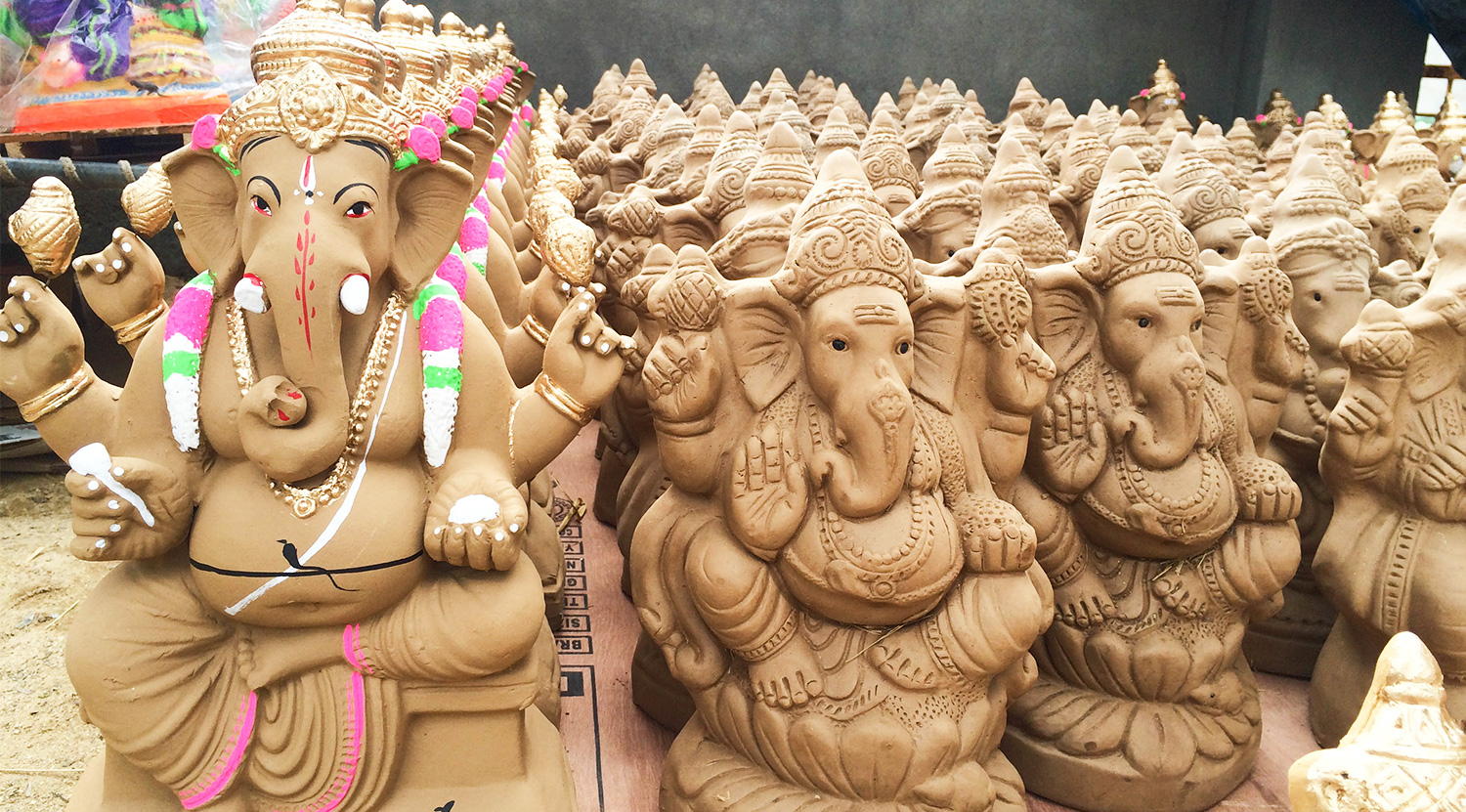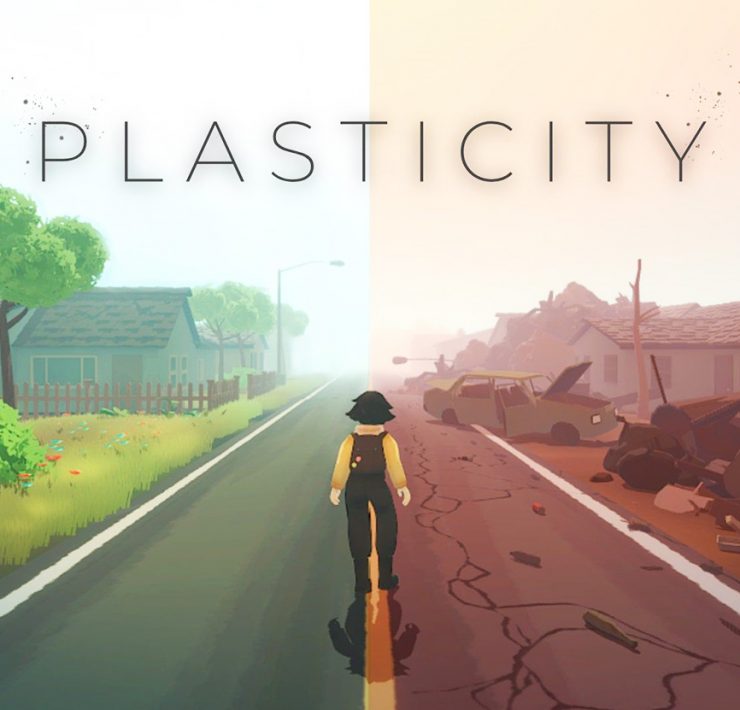Bidding Ganpati a green goodbye
- From ponds-on-wheels to the recycling of PoP idols, Ganesh visarjan is all set to be a more environmentally friendly affair for Mumbai this year.

Shraddha Uchil is the consulting features editor at Ethico. After…
It is a Ganesh Chaturthi like no other for Mumbai. For a city that usually follows the motto of ‘Go big or go home’ when it comes to its Ganpati celebrations, the scene is a lot more muted, thanks to the ongoing Covid-19 pandemic.
But while social distancing measures may have put a damper on large gatherings, smaller, more low-key celebrations are still taking place. Even the Lalbaugcha Raja, the most famous (and usually the largest) Ganpati of them all, is an understated affair in 2020.
Keeping in mind the situation, the Brihanmumbai Municipal Corporation (BMC) — the governing civic body of Mumbai — has put in place measures to ensure that the coronavirus doesn’t wreak more havoc than it already has. Incidentally, a lot of these measures are also going to give us possibly the most environmentally friendly Ganesh Chaturthi the city has ever seen.

“To begin with, we are urging citizens to carry out the visarjan within their own premises. For those whom this is not possible, we have introduced mobile ponds — trucks and tempos with fitted water tanks — that people can have at their doorstep by simply calling on the helpline number,” says Kiran Dighavkar, assistant municipal commissioner of G North Ward.
“The number of artificial ponds has also been increased this year. In just our ward, we have 12 available to the public,” he adds. This number stands at 200 ponds across the city, a huge jump from the 32 that were available in 2019. The creation of these ponds will ensure that a large majority of idols end up in the hands of the BMC as opposed to the sea, where they have been known to pollute the waters and damage the ecosystem. This pollution is caused by Plaster of Paris (PoP) idols, which take several months to break down, and nirmalya — offerings like flowers, fruits and incense sticks that accompany the idol.

G North Ward comprises the areas of Dadar, Mahim and Dharavi, all of which usually see a large number of immersions. Dighavkar says that last year itself, over 18,000 idols arrived for visarjan in these three neighbourhoods, out of which they could locate and recycle only around 9,000. He shares that some of the idols that couldn’t be located would have been eco-friendly ones, but suspects that many PoP idols were simply lost to the sea.

“This time around, citizens will not be allowed to carry out immersions themselves. Whether it is by the sea or at an artificial pond, they will have to hand the idols over to the BMC volunteers. Additionally, this year, people have been instructed that strictly only the idol be brought to the immersion spot, and the nirmalya be left behind at home,” says Dighavkar.
While the BMC has urged citizens to use eco-friendly Ganesh idols, this year too, Dighavkar says the civic body has plans to recycle the PoP idols collected by them. The recycling technique involves treating the Plaster of Paris (which is nothing but a fancy name for calcium sulfate hemihydrate) with a ammonium bicarbonate solution, which disintegrates the material into non-toxic chemicals like ammonium sulphate and calcium bicarbonate. These chemicals can be used in the fertiliser and manufacturing industries, among others, thus ensuring that they find life beyond ending up as trash in our waters.
Shraddha Uchil is the consulting features editor at Ethico. After nearly a decade writing about food and culture for major publications, she has currently settled into her role as a new mum. Now, it’s time to consider how she can help preserve the world for generations to come.







